Does scrolling through social media sometimes leave you feeling stressed or down about your own life? You’re not alone—many of us experience the impact of social media on our mental health every day. Whether it’s feeling anxious from constant notifications or feeling inadequate when comparing ourselves to others, the digital world can take a toll. In this blog, we’ll uncover how explore why these feelings happen, and offer simple ways to manage your social media use for a healthier, happier mind. Ready to find balance in your digital life? Let’s dive in.”
Contents
Social Media’s Mixed Impact
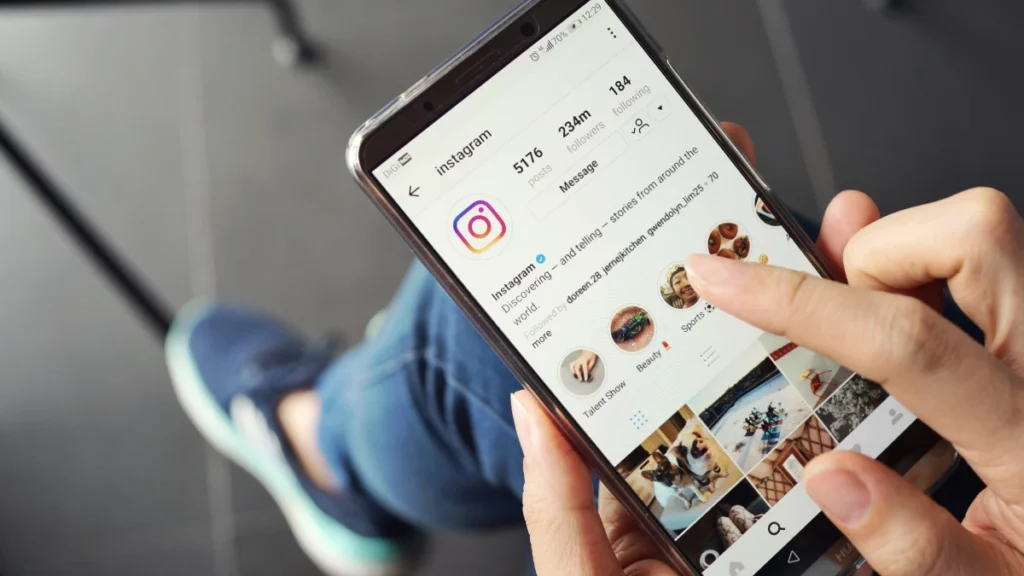
Social media platforms like Facebook, Twitter, Instagram, Snapchat, YouTube, and TikTok have become integral parts of our daily lives. They’re designed to connect us, to bring friends and family closer together, no matter the physical distance. But as much as these social media platforms offer us the chance to share life updates, catch up with old friends, and meet new people, they come with their own set of challenges, especially when it comes to our mental health.
While these networks promise greater connectivity, spending too much time on them can have the opposite effect. It’s a bit ironic, isn’t it? We log on to feel connected, but after hours of scrolling, liking, and commenting, we might end up feeling lonelier and more isolated than before.
How Can Social Media Affect Mental Health
Feeling Anxious All the Time
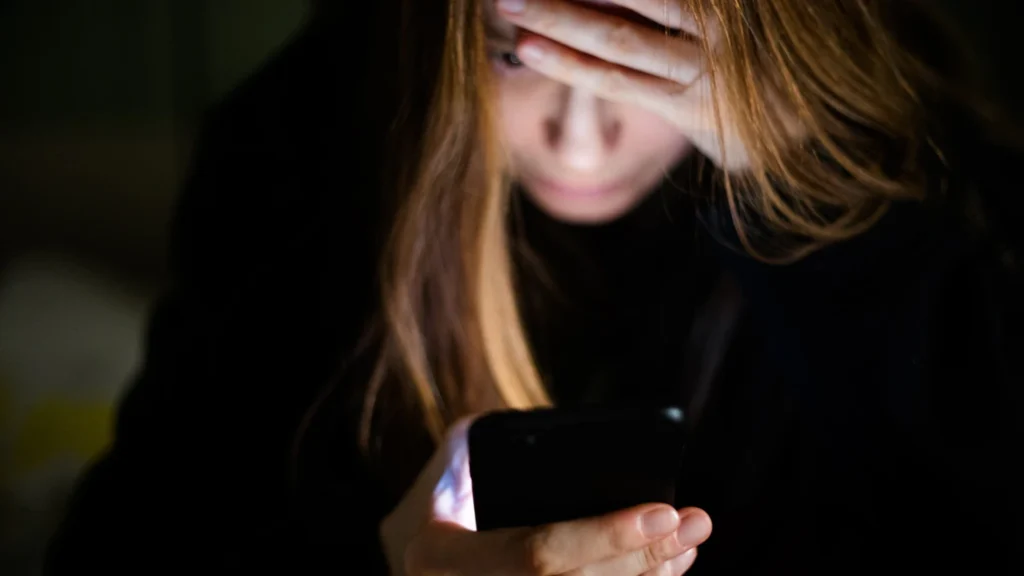
The relentless interaction with social media can significantly increase anxiety, and here are some specific ways how:
- Constant Connectivity:
- Fear of Missing Out (FOMO): You might feel compelled to check Instagram every few minutes to keep up with friends who are posting updates from a party you didn’t attend.
- Pressure to Respond: Feeling anxious if you don’t immediately reply to a WhatsApp group message, worrying that people might think you’re ignoring them.
- Presentation Pressure:
- Comparisons with Idealized Lives: Seeing perfectly staged photos of acquaintances on vacation or enjoying nights out can make your own routine life feel dull and uninspiring.
- Seeking Approval: Feeling stressed about getting enough likes on your latest Facebook post and constantly checking for notifications to validate your social standing.
- Digital Competition:
- Competing for Attention: The pressure to post content that is better or more engaging than what others post, like trying to capture the perfect “Instagrammable” meal at a trendy restaurant.
- Disruption of Presence:
- Interrupting Real Life: Maybe you’re at dinner with family, but instead of engaging in conversation, you find yourself zoning out to scroll through TikTok.
- Preventing Relaxation: Having difficulty enjoying quiet moments, such as reading a book, because you feel the urge to check your phone constantly.
By recognizing these specific scenarios, we can better understand the sources of our stress and anxiety related to social media use and take steps to manage our engagement more healthily.
The Comparison Trap: Highlight Reels vs. Reality
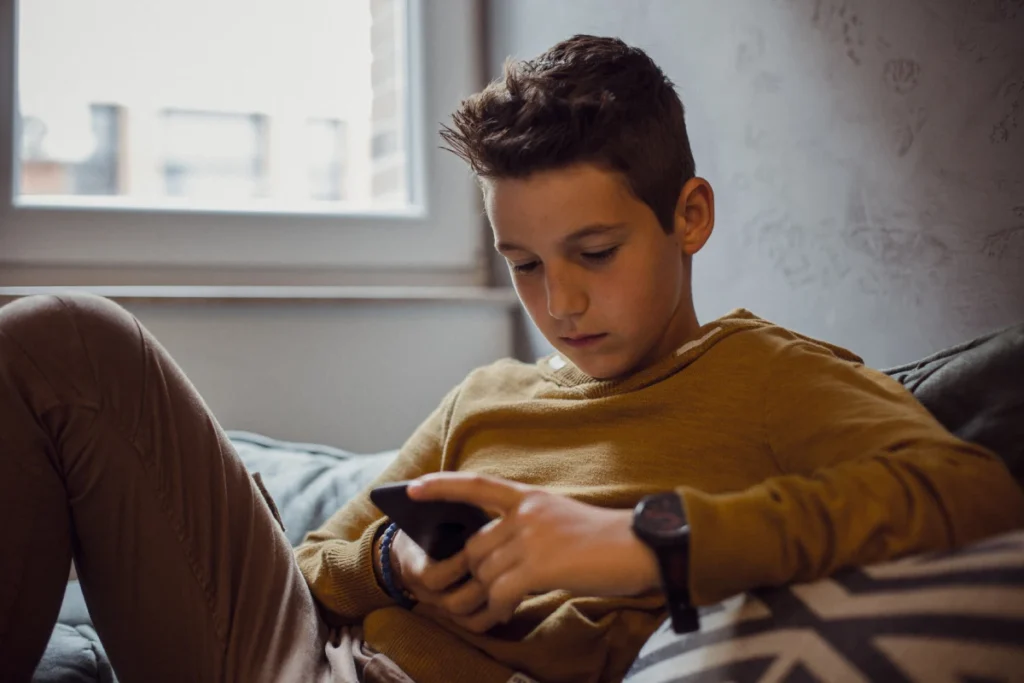
Ever feel like everyone on social media is living their best life except you? It’s important to remember that what we usually see online is just the highlight reel.
- Selective Sharing: People mostly post their wins and wow moments. You see snapshots of beach vacations, perfect meals, or gym wins, but not the everyday struggles.
- Self-Esteem Hits: Constantly seeing these perfect moments can make your own life look pretty dull in comparison, right? For instance, seeing endless posts of perfect bodies and flawless lifestyles on Instagram can lead to feelings of inadequacy and lower self-esteem, especially among teens and young adults.
- Body Image Pressures: And all those flawless images? They set a bar that’s tough to meet, which can really skew how we see ourselves. Ever caught yourself trying to snap that ‘perfect’ photo ten times over?
- Keeping it Real: Just remember, everyone has their off days—they just don’t make the feed. Social media isn’t the full story, so let’s not let it dent our confidence.
It’s all about perspective. Let’s use social media for good vibes and real connections, not comparisons.
Ground for Online Bullies
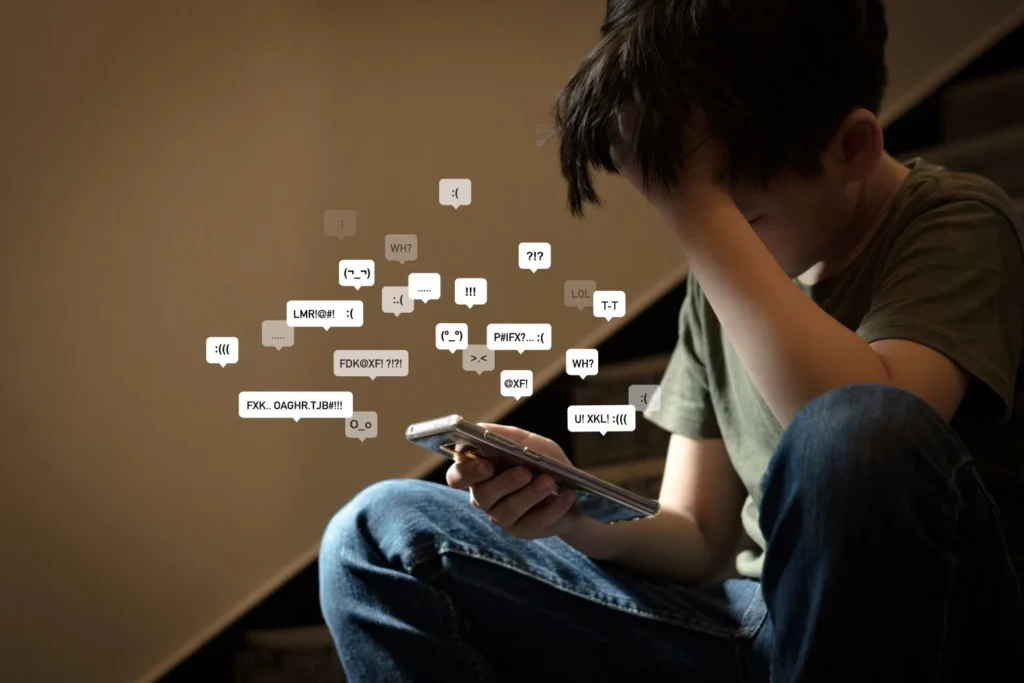
Social media, while a platform for connection, can also unfortunately be a battleground where online bullying occurs. This form of harassment can deeply impact people’s emotions and self-esteem.
- Anonymity Empowers Bullies: Often, the anonymity available online allows individuals to say things they wouldn’t dare in person. This can lead to aggressive comments, public shaming, or even threats, turning social platforms into a hostile environment.
- Widespread Impact: Online bullying can spread far and quickly, potentially reaching a vast audience. A mean comment or harmful post can be shared or liked by hundreds, amplifying the hurt.
- Affects Self-Esteem: Constant negative interactions on social media can lead to significant drops in self-esteem. Victims often start to doubt their worth based on the harsh words of online bullies.
Remember, it’s crucial to treat online interactions as extensions of real life and to seek help or speak out if online bullying affects your mental health. No one deserves to be bullied, online or off.
Social Media Makes You Feel Down
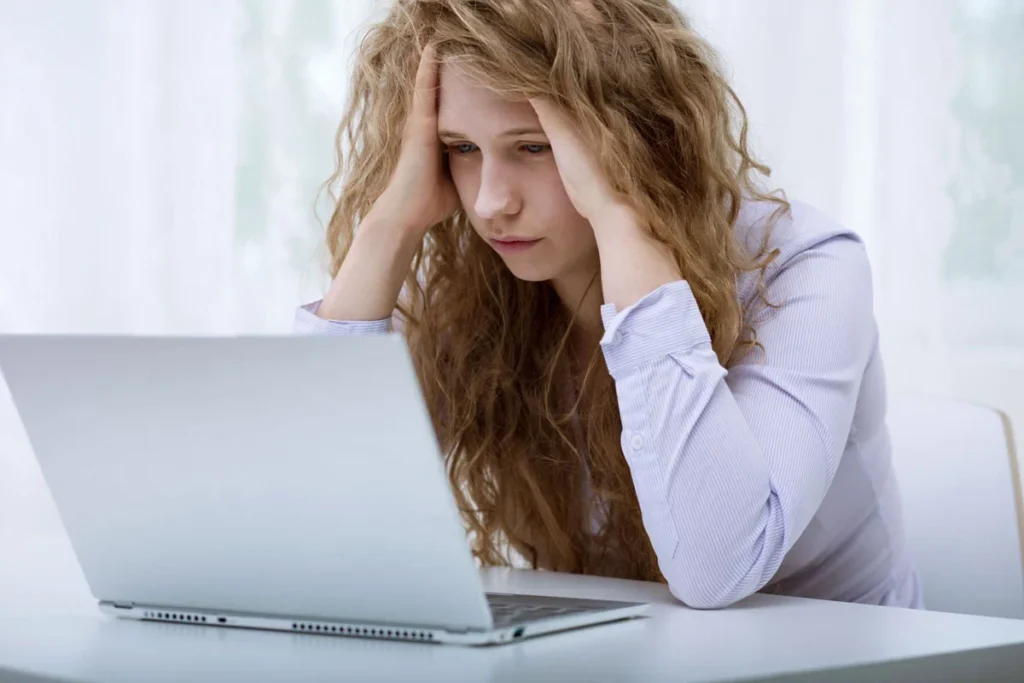
Spending too much time on social media can leave us feeling a bit down, or even lead to depression.
- First off, there’s the matter of overconsumption. Just like binge-watching your favorite TV series, binging on social media can lead to mental exhaustion.
- Then there’s the trap of comparisons. Everyone else seems to be on an exotic vacation, landing dream jobs, or looking picture-perfect all the time. And here we are in our everyday lives, just trying to get through the day. These comparisons aren’t fair to us—they set unrealistic standards, and they’re a fast track to feeling pretty low.
- And let’s not forget about the irony of social isolation. In a world more connected than ever, excessive screen time can actually make us less connected in real life. Those hours we spend scrolling are hours not spent laughing with friends, sharing a meal with family, or engaging in hobbies that lift our spirits.
- Lastly, there’s the impact on our sleep—ever caught yourself scrolling late at night, telling yourself just one more post? Now this is closely linked to feelings of depression. It’s a cycle that can be hard to break.
Related Article: Social Media and Depression
Tips to Use Social Media Wisely
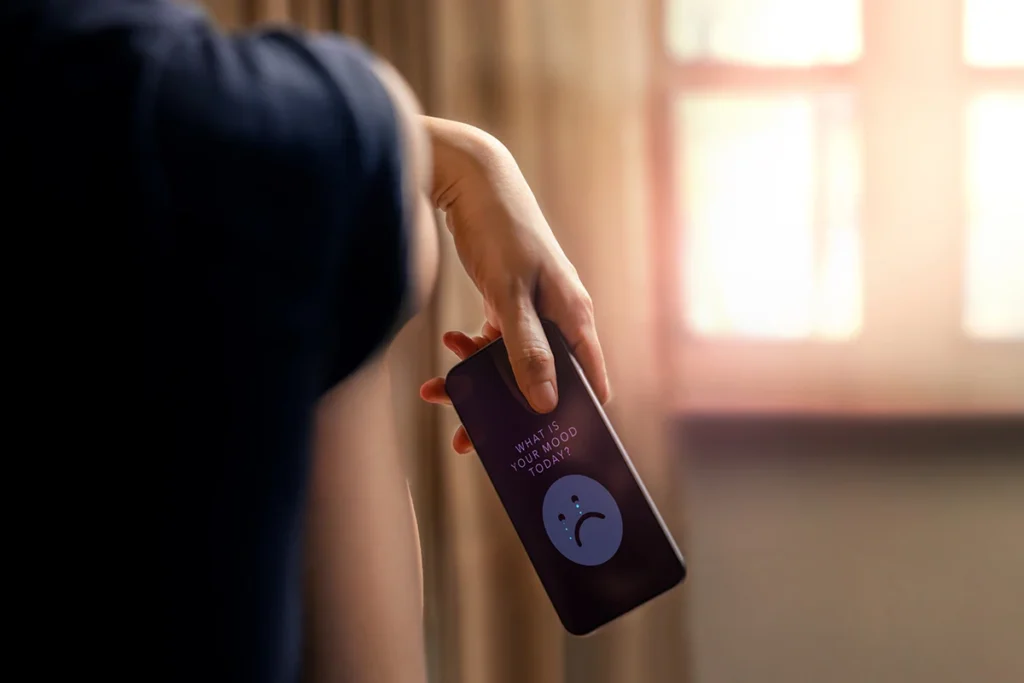
While social media has become an integral part of our lives, it’s important to use it in a way that enhances our well-being rather than detracts from it. So, here are some simple, actionable tips to help you use social media more wisely and protect your mental health:
- Establish specific times for checking social media each day instead of continuous scrolling.
- Make sure to take regular breaks from social media to disconnect and focus on other activities. This could mean having ‘social media-free’ times each day, especially during meal times and before bed.
- Actively manage your feed to include more content that is positive, educational, or genuinely makes you happy.
- Unfollow or mute accounts that trigger negative feelings such as anxiety, inadequacy, or frustration.
- Instead of passive scrolling, interact meaningfully—comment on posts, share content that aligns with your values, and use platforms to stay genuinely connected with friends and family.
- If you notice that your mood worsens after spending time on social media, it may be time to take a break.
- Skip those social interactions, and make a conscious effort to foster face-to-face relationships.
By implementing these tips, you can enjoy social media’s benefits without negatively impacting your mental health.
Will My Mental Health Improve If I Delete Social Media?
Deciding whether to delete social media is a significant step that might seem like it could solve all concerns related to mental health. While quitting social media can certainly reduce stress and improve your mood, the overall impact on your mental health depends on various factors, including:
- Source of Stress
- Social Needs
- Quality of Interactions
- Usage Patterns
- Replacement Activities
- Adjustment Period
Remember, deleting social media can potentially improve your mental health, especially if it’s a source of stress or negative comparisons. However, the overall impact depends on your specific circumstances and how you replace the time and functions that social media served in your life.
Conclusion
No doubt! Social media can enrich our lives in many ways, but it’s crucial to remain mindful of how it affects our emotions and overall well-being.
So, if you find yourself struggling to manage your social media use or if it’s impacting your mental health, remember, that help is available. At MantraCare, our experienced therapists specialize in online addiction counseling, including social media addiction.
Take the first step towards a healthier, more balanced life. Book your trial therapy session today!


